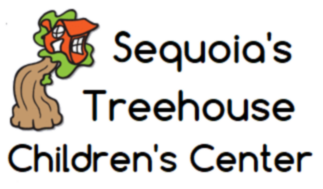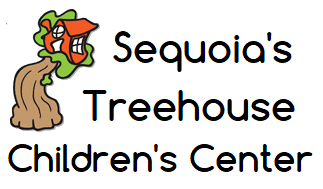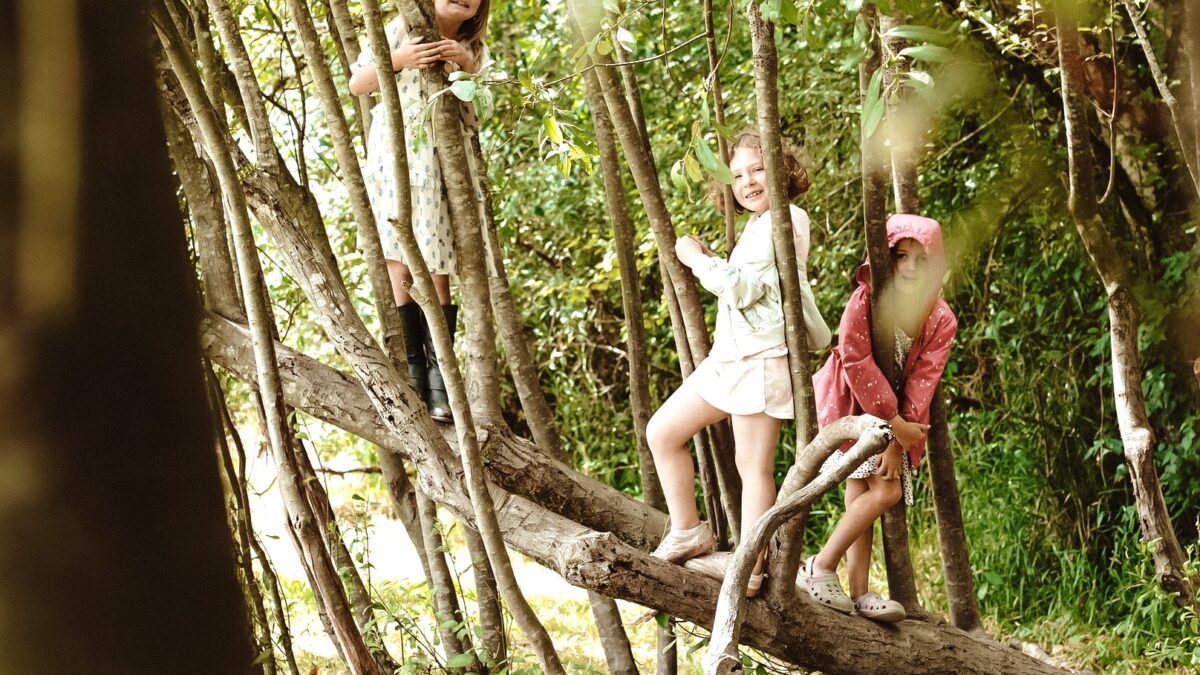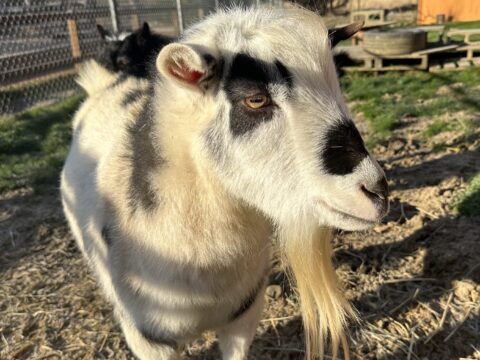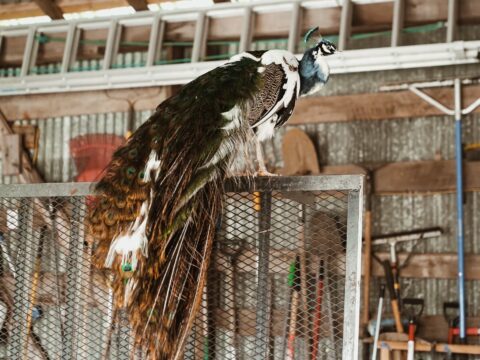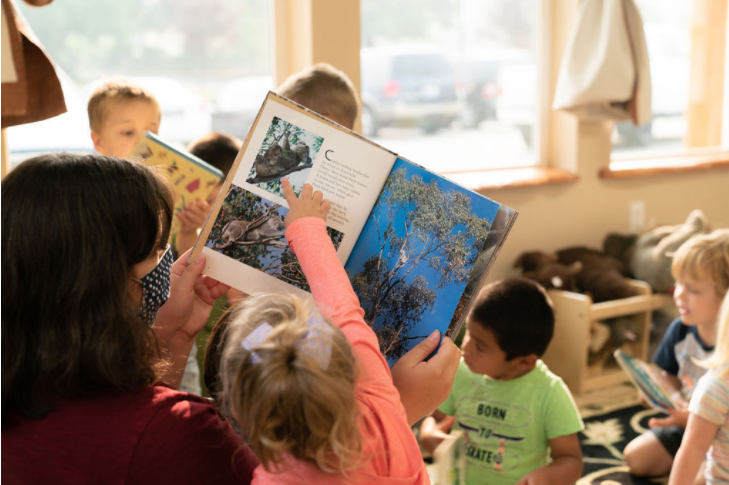
Reasons Why Kids Typically Do Not Like School
October 17, 2024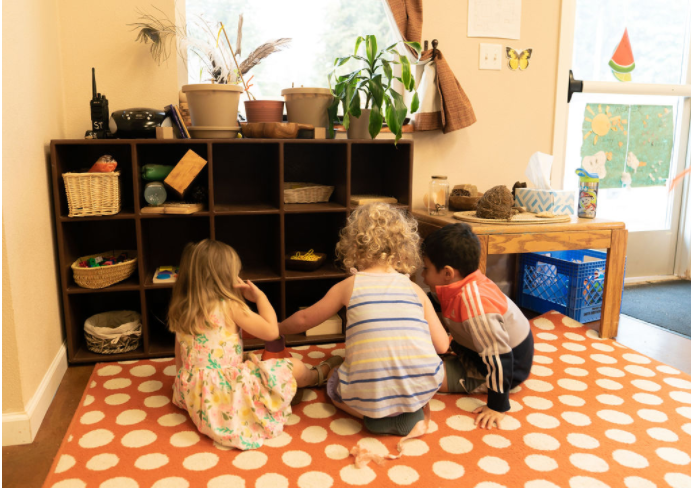
The Benefits of Routine for Children
October 25, 2024Jean Piaget was a renowned psychologist and cognitive theorist in the 20th century who focused on child development. His theories came from observing children and recording their development.
He brought attention to the idea that children are not just small adults. He believed that children act as “little scientists,” exploring their environment to gain understanding. He thought that children do this naturally, without any adult intervention.
Piaget also put forth the idea of distinct developmental stages through which children learn language, memory, and reasoning. Each stage has different milestones and skills.
| Stage | Age | What happens |
| sensorimotor stage | 0 to 2 years | Babies start to build an understanding of the world through their senses by touching, grasping, watching, and listening.
They also begin to develop a sense of object permanence, which means they understand that objects exist even when they cannot see them. |
| preoperational stage | 2 to 7 years | Children develop language and abstract thought. This means they can think about concepts and ideas that are not physical.
They also begin symbolic play (“playing pretend”), drawing pictures, and talking about things that happened in the past. |
| concrete operational stage | 7 to 11 years | Children learn logical, concrete (physical) rules about objects, such as height, weight, and volume. They also learn that an object’s properties stay the same, even if the appearance changes (e.g., modeling clay). |
| formal operational stage | 12+ years | Adolescents learn logical rules to understand abstract concepts and solve problems. For example, they may understand the concept of justice. |
Sequioa’s Treehouse, where learning can be, and is, fun and stimulating.
